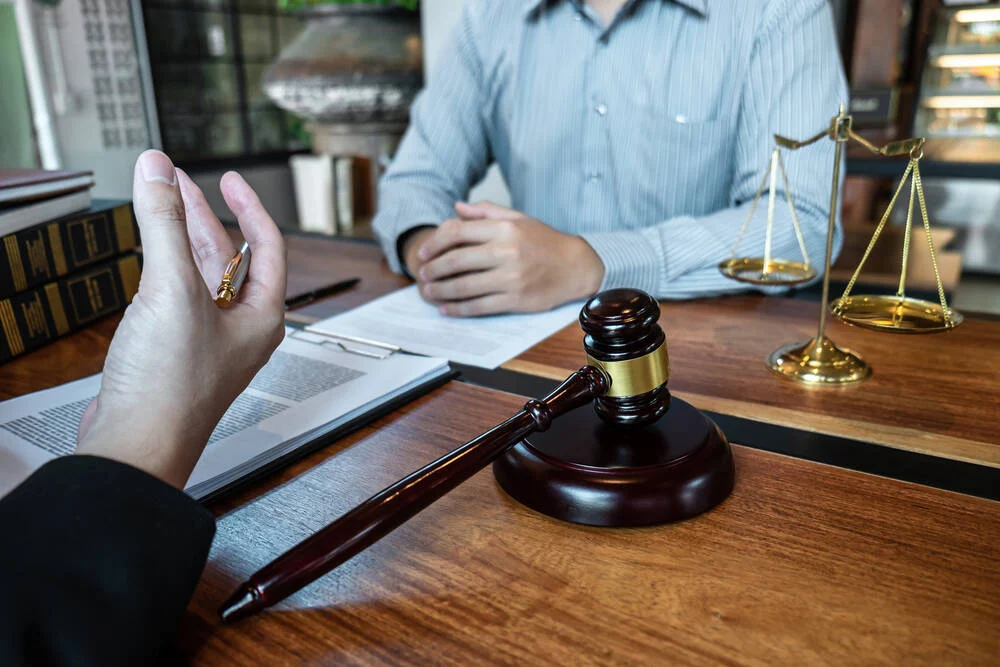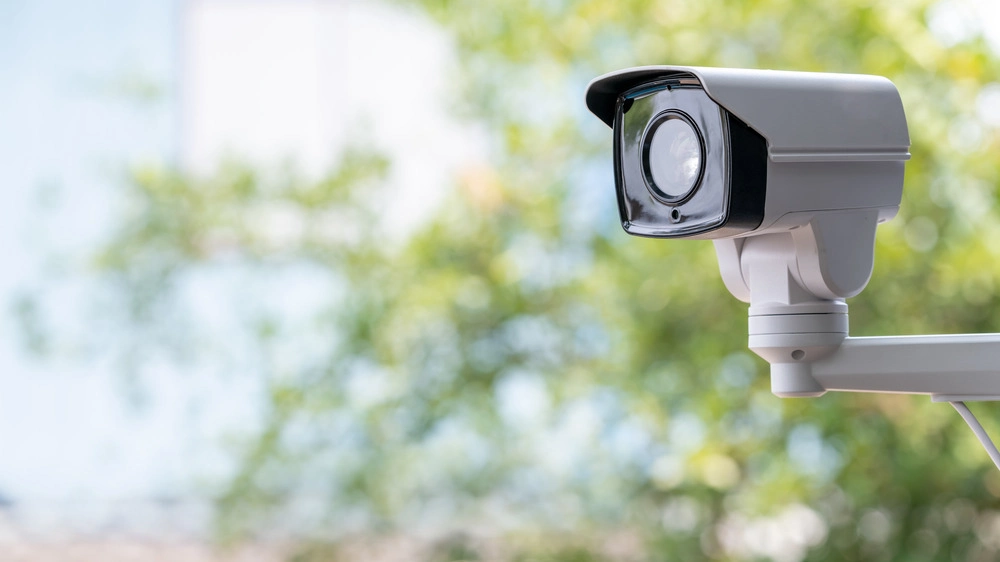Negligent security is a critical area of premises liability law, where property owners and managers can be held accountable for failing to ensure the safety of their premises. This failure can lead to injuries or harm to visitors, resulting in a legal claim. At Holston and Huntley, we specialize in personal injury cases, including those involving negligent security. In this blog post, we will guide you through understanding negligent security, identifying if you have a claim, and the steps to pursue it.
What Is Negligent Security?
Negligent security refers to the failure of a property owner or manager to provide adequate safety measures to prevent foreseeable crimes or accidents. This legal concept holds property owners responsible for incidents such as assaults, robberies, or other criminal activities that occur due to insufficient security.
Examples of Negligent Security
- Inadequate Lighting: Poorly lit areas can create opportunities for criminal activity, making it easier for criminals to attack or rob unsuspecting victims.
- Faulty or Lack of Security Systems: Broken cameras, alarms, or the absence of security personnel can lead to preventable crimes.
- Unsecured Entrances: Unlocked or poorly secured doors and gates can provide easy access for criminals.
- Failure to Warn or Address Known Dangers: Property owners must address known security threats or inform visitors of potential risks. Ignoring these responsibilities can lead to accidents or criminal activities that could have been prevented.

Determining If You Have a Negligent Security Claim
If you or a loved one has been a victim of a crime on someone else’s property, you might have a negligent security claim. Here are the key factors to consider:
1. Duty of Care
First, establish that the property owner or manager had a duty of care to ensure the safety of visitors. This duty varies depending on the type of property and its use. For instance, businesses open to the public, such as shopping malls or apartment complexes, have a higher duty to provide adequate security measures compared to private residences.
2. Breach of Duty
Next, you need to demonstrate that the property owner breached their duty of care by failing to implement reasonable security measures. This breach could include inadequate lighting, lack of security personnel, malfunctioning security cameras, or failure to repair broken locks.
3. Foreseeability
You must show that the crime or incident was foreseeable. This means that the property owner should have reasonably anticipated the possibility of criminal activity or danger. Evidence of prior similar incidents in the area or on the property can support this point.
4. Causation
Establish a direct link between the property owner’s breach of duty and the injury or harm you suffered. You need to prove that the lack of security measures directly contributed to the incident.
5. Damages
Finally, document the damages you incurred due to the incident. Damages can include medical expenses, lost wages, pain and suffering, and emotional distress. Keep detailed records of all related costs and impacts on your life.

Steps to Pursue a Negligent Security Claim
If you believe you have a negligent security claim, follow these steps to pursue it:
1. Seek Medical Attention
Your health and safety are paramount. Seek immediate medical attention for any injuries and keep all medical records and bills as evidence.
2. Report the Incident
Report the incident to the property owner or manager and file a police report. Get a copy of the police report, as it will be essential for your claim.
3. Gather Evidence
Collect evidence to support your claim. This can include:
- Photographs of the scene, showing inadequate lighting, broken locks, or lack of security cameras.
- Witness statements from anyone who saw the incident or can attest to the lack of security.
- Security footage, if available, showing the incident or the conditions leading up to it.
- Records of prior criminal activity on the property or in the surrounding area.
4. Document Your Damages
Keep detailed records of all expenses and impacts related to the incident, including medical bills, lost wages, and any emotional or psychological effects. This documentation is vital for calculating the compensation you are entitled to.
5. Consult a Personal Injury Attorney
Negligent security cases can be complex, requiring a thorough understanding of premises liability law. Consult with an experienced personal injury attorney, like those at Holston and Huntley, who can evaluate your case, gather evidence, and represent you in negotiations or court proceedings.
Contact Holston and Huntley
If you believe you have a negligent security claim, Holston and Huntley are here to help. Our experienced attorneys specialize in personal injury and premises liability cases, and we are committed to securing the compensation you deserve.

